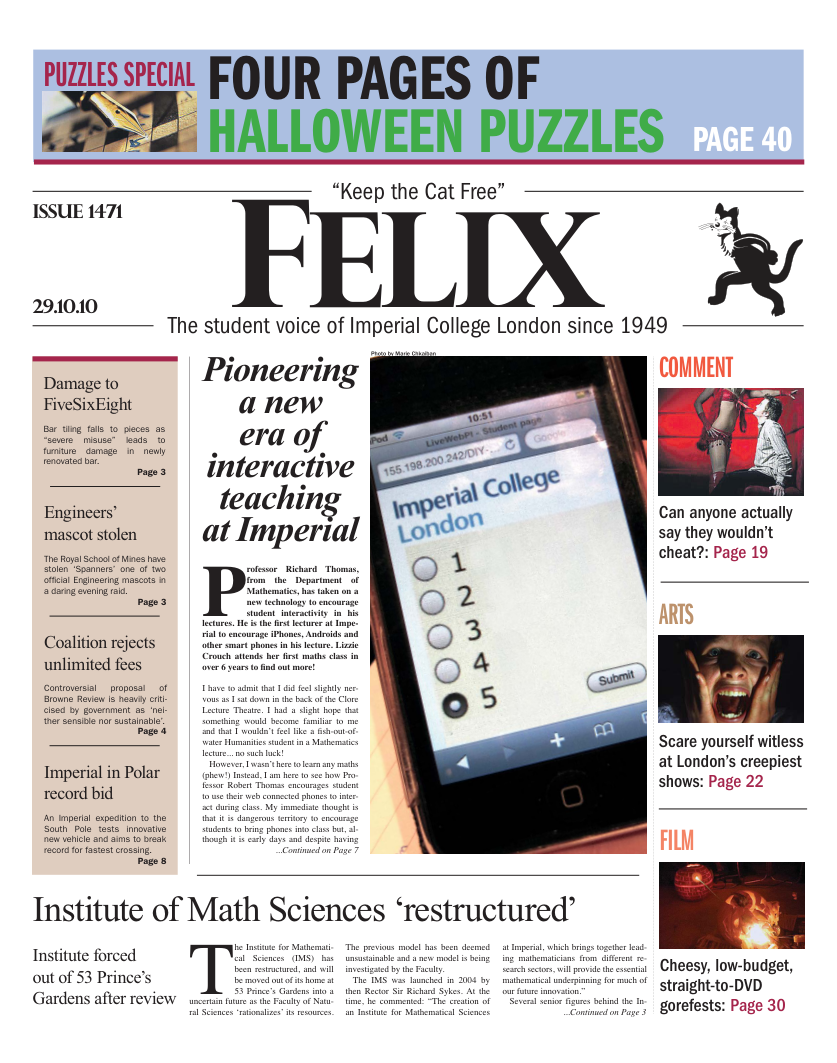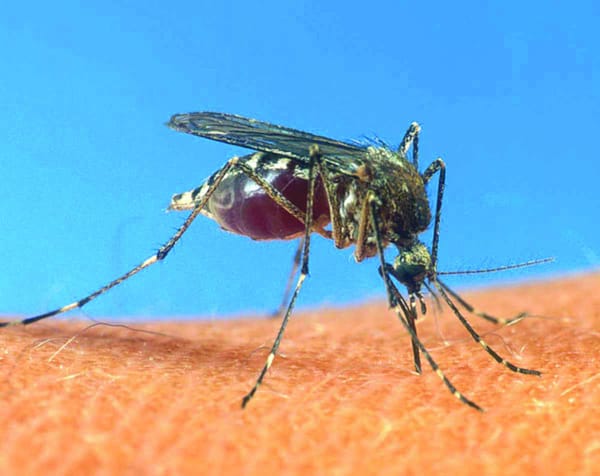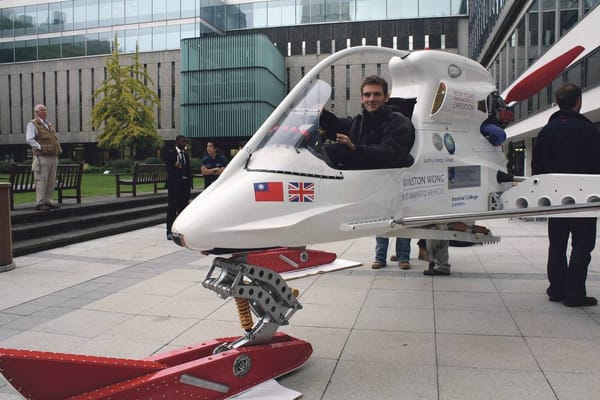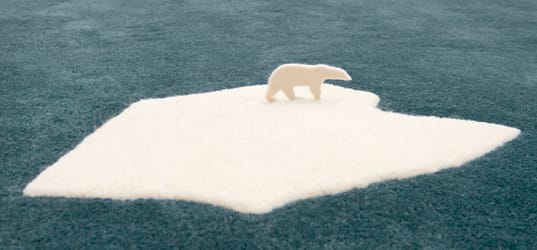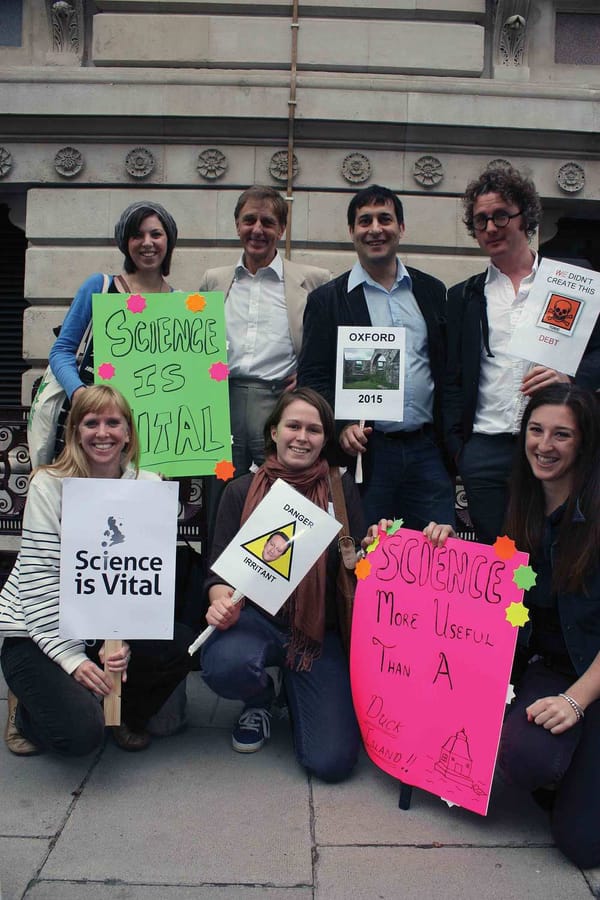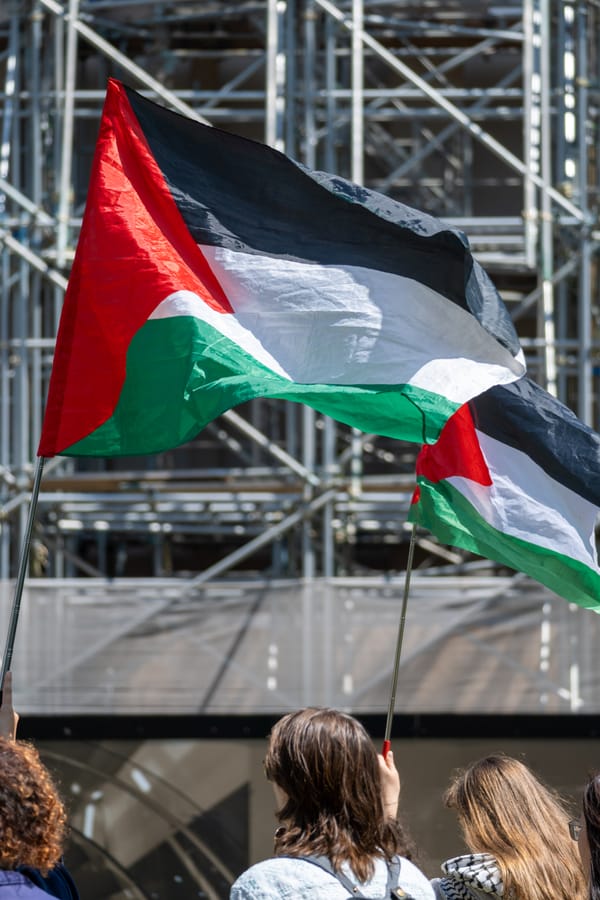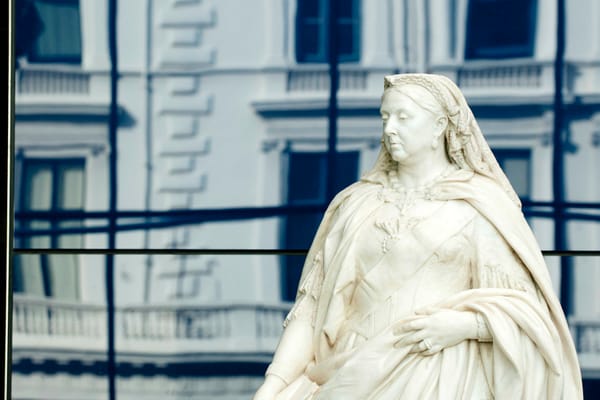Stirred but not shaken
Professor Christopher Andrew, MI5’s official historian, speaks on science in the security service at the Vincent Briscoe Annual Security Lecture
As I sat down in the lecture theatre, I slowly became aware of a feeling that I was surrounded. I looked around. The audience was a mass of white and grey hair, glasses, and suits. As a whole, it was summed up by a rather elderly man who passed behind me, shouting to his wife: “Sorry dear, I was stuck behind a buffoon!” I was slightly worried for my safety.
Professor Christopher Andrew was to talk about ‘Science, Technology and Secret Intelligence’ as part of the Vincent Briscoe Annual Security Lecture. He was introduced to us as the Official Historian of MI5, and he talked to us mostly as a historian, of times past.
He spoke of the ingenuity of the Soviet Union during the Cold War – they gave the US a present of a replica of the Great Seal, which hung over the ambassador’s desk for a few years. It contained a tiny microphone; it had no battery or power pack, no wires, and was therefore virtually undetectable. It was also ridiculously simple – it worked just like a diaphragm. Quite embarrassing for the US, really.
In the midst of the Cold War, reports about the weaponry of both sides were being greatly exaggerated. Each side worried about the other, and at one time the tension was so high it seemed certain that one side would strike first in ‘self-defence.’ Professor Andrew put forth the idea that it was intelligence – the spy kind, not the witty kind – that stopped a nuclear war. With imagery intelligence taken from spy planes, each side could see that actually, it was not as bad as they’d thought, and there was no need for a pre-emptive strike. With imagery intelligence, the situation never escalated.
Some of the greatest codebreakers, although they may not have always studied the sciences, certainly displayed very typical eccentric-scientist behaviour
The spy plane that gave this information took seven months from the first contract to the first test flight, according to Professor Andrew – a true testament to the scientists behind it. Some of the greatest codebreakers, although they may not have always studied the sciences, certainly displayed very typical eccentric-scientist behaviour. Dilly Knox – who broke an Enigma code – was well known for doing all his best thinking in the bath. “Eureka!”
It seemed that Professor Andrew was always trying to move away from the image of James Bond; as the Official Historian of MI5, it’s important to remember that what he talks about is true. The man himself seemed completely believable. Compared to what he referred to as “the unconvincing plots of James Bond films”, the Professor knew what he was talking about. He did seem to find the Ian Fleming spy quite funny...he called Bond a “brand leader”, and later a gadget from “From Russia With Love” a “high-tech homicidal briefcase.” I feel he enjoyed quietly taking the piss.
He almost resembled a typical English spy, now I think of it: he was distinguished, well-spoken (Cambridge, anybody?) and had an air of definite knowledge. He might be a Historian, but that’s no reason for us to judge him. I think the best way to describe him is just very, very genuine... unlike the audience member I espied afterwards wearing a black overcoat and large black hat. I think he thought it was a spy convention.
It was a shame that the average age of the audience was about 57 and that the most popular hair colour was grey, because Professor Christopher Andrews also talked about the future, and our role in it as scientists. He perceives the two biggest security threats right now to be “International Terrorism” and “Cyber Warfare”.
Even now, the Iranian nuclear programme is suffering from hostile cyber attacks. A new US cyber command unit is being set up this month to tackle cyber threats. The 2006 attempted aeroplane bombings, in which planes were targeted leaving Heathrow for the US, were averted through constant surveillance. This could not have happened without the technical support of many scientists and engineers. We provide the technology, and without the technology, there’s not really a lot of point.
Professor Christopher Andrew ended his explorative and very relevant lecture – with a rousing round of applause, old chap – with the words, “there is a lot for Imperial College to do.”
And I agree with him.

